Anti-Inflammatory Foods Everyone Should Be Eating
By Vickie Chin
January 10, 2024 • Fact checked by Dumb Little Man
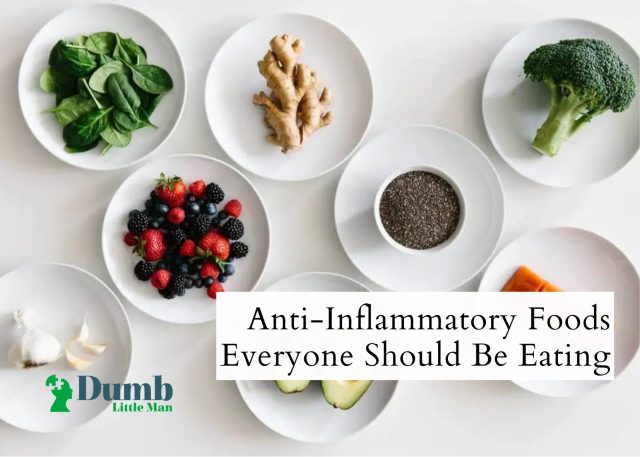
Did you know that 3 out of 5 people worldwide suffer from inflammation? Inflammation is our bodies’ natural immune response to damage or infection. Sometimes though, inflammation can be chronic and that’s where it becomes a health problem.
The good news is that we can help our bodies’ response to chronic inflammation simply by eating a diet rich in anti-inflammatory foods.
Acute vs Chronic Inflammation
When you’ve been injured or had an infection, your body’s immune system jumps into action to protect you by sending out cells that encourage inflammation. Cytokines (message sending cells) also signal other cells and molecules to go to the injury site to “battle” against intruders or damage. This is acute inflammation. Once you’ve recovered from the “assault” your immune system stands down and your inflammation resolves.
Chronic inflammation is an immune response gone wrong. Your immune system continues to send out cytokines and cells that encourage inflammation even when there is no health threat. Chronic inflammation can cause joint pain. It’s been associated with many disease processes including heart disease, Type II diabetes and cancer. This is the inflammation that you want to reduce or eliminate.
Eat these 8 Anti-inflammatory Foods for a Healthy life
The great news is that you can reduce chronic inflammation naturally – by the way you eat. Vitamins, antioxidants and other compounds in many foods produce anti-inflammatory effects – leading to better health and less pain and disease. Eat them to enjoy the taste along with the health benefits that accompany them.
Anti-inflammatory foods contain antioxidants as well as polyphenols. These compounds help to neutralize free radicals in food – one cause of inflammation. Other anti-inflammatory foods inhibit proinflammatory compounds like cytokines and chemokines. Some anti-inflammatories provide both benefits.
1. Ginger and Turmeric
Ginger is so much more than a spice used in cooking. It also provides medicinal benefits. Most widely known as the cure for upset stomachs, ginger’s best benefit comes from the anti-inflammatory compound known as “gingerol”. Gingerol suppresses cytokines and chemokines, as well as other oxidative agents that lead to inflammation.
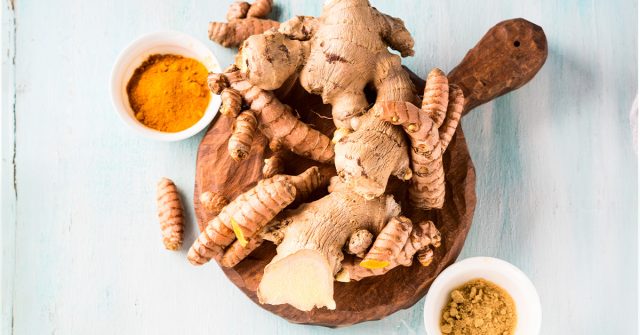
Turmeric, another cooking spice, contains the strong anti-inflammatory compound curcumin. Like ginger, it hinders inflammation. Curcumin has been used to treat inflammation-based diseases such as irritable bowel disease and rheumatoid arthritis. And recent studies indicate that it can be as effective as over-the-counter anti-inflammatory drugs.
Use turmeric and ginger fresh (they’re roots) or in powdered form as a delicious addition to curry recipes or as teas.
2. Berries
Berries contain antioxidants and anthocyanins. Antioxidant rich foods reduce inflammation and oxidative stress (an imbalance between free radicals and antioxidants that damages cells, proteins and DNA). Eating foods rich in antioxidants addresses this imbalance.
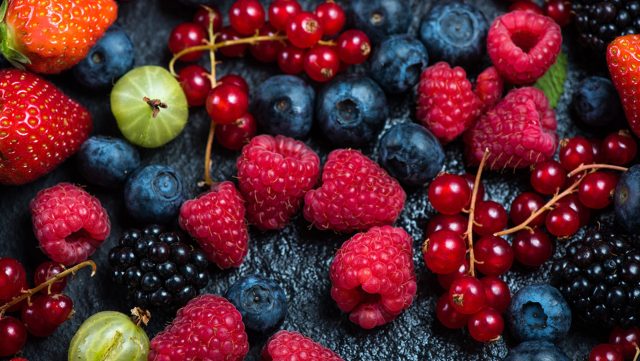
Anthocyanins – the pigment in berries – are responsible for suppressing cytokines. While mostly helpful when you are ill or injured, cytokines also send pro-inflammatory markers when you don’t need them.
Berries are packed with minerals, vitamins, fiber and great flavor. Enjoy them knowing you’re helping reduce chronic inflammation and oxidative stress.
3. Dark Leafy Greens: Kale, Spinach & Collard Greens
There are so many reasons to love leafy greens like spinach, kale and collard greens. They’re packed with Vitamins C and K, providing protection against osteoporosis. Their high levels of antioxidants, including vitamin E and anti-inflammatory nutrients make dark, leafy greens one of the best cancer-fighting foods.
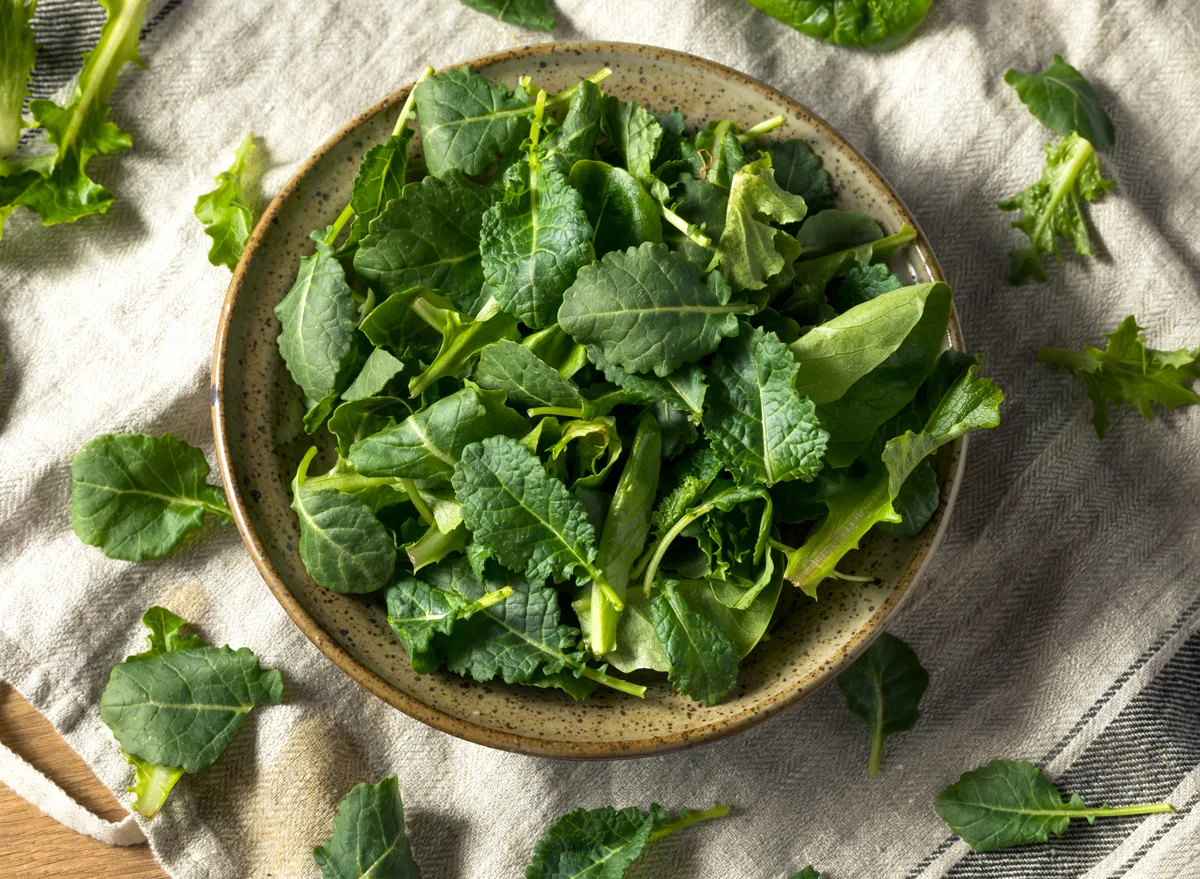
If you’re someone who wants the huge benefits of leafy greens, but cannot consume enough to meet your needs, you can always try green superfood powders – a great addition to any healthy diet.
4. Green Tea
Green tea is known as an antioxidant giant because of its rich polyphenol content. The specific polyphenol is known as EGCG [epigallocatechin-3-gallate]. This compound inhibits inflammation by reducing cytokine production.
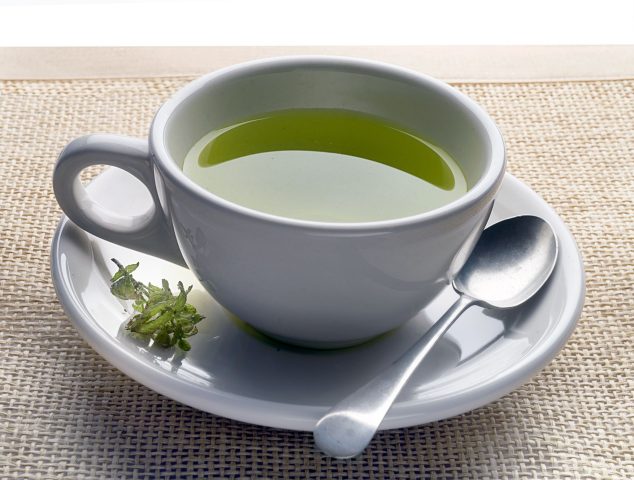
Brew green tea using bags or leaves. Both are delicious. To extend its use and to enjoy great anti-inflammatory benefits of green tea, infuse your food with it. Soak legumes, pulses and rice in green tea and then cook them.
5. Nuts
Nuts hit the anti-inflammatory target because of their “healthy” fats, high content of omega-3 fatty acids and their polyphenol content. These compounds impede cytokines – those pro-inflammatory messenger cells. Omega 3 fatty acids also provide an anti-inflammatory benefit by inhibiting inflammatory enzymes. Nuts offer you other important nutrients as well, including protein, iron, zinc, calcium and vitamin B12.
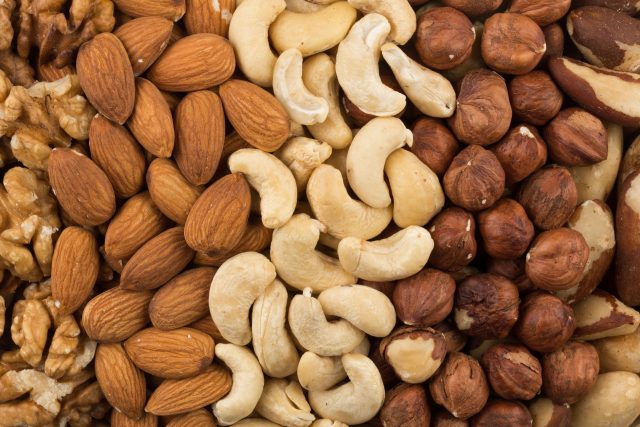
One caveat with nuts: they’re pretty irresistible. It can be hard not to eat too many of them.
6. Garlic
If you’re a garlic lover, you’ll be ecstatic to know that it contains several anti-inflammatory compounds, including allicin. Allicin hampers pro-inflammatory messengers. Loaded with antioxidants – not to mention an amazing flavor profile, it has been shown to slow the build-up of plaque in your arteries (or you could say inflammation) and to promote heart health.
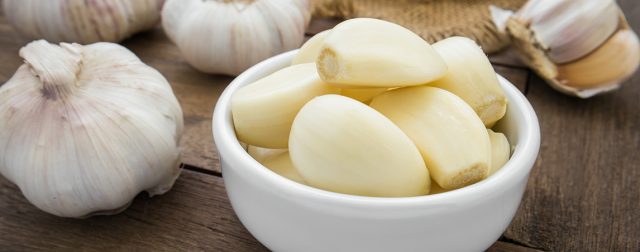
7. Cold-Press Extra Virgin Olive Oil
Cold-press Extra Virgin Olive Oil (EVOO) contains nine known polyphenols – those compounds that limit inflammation by decreasing production of the communication messenger molecules (cytokines). Olive oil is also loaded with antioxidants. A study showed that these antioxidants can inhibit some genes and proteins that drive inflammation.
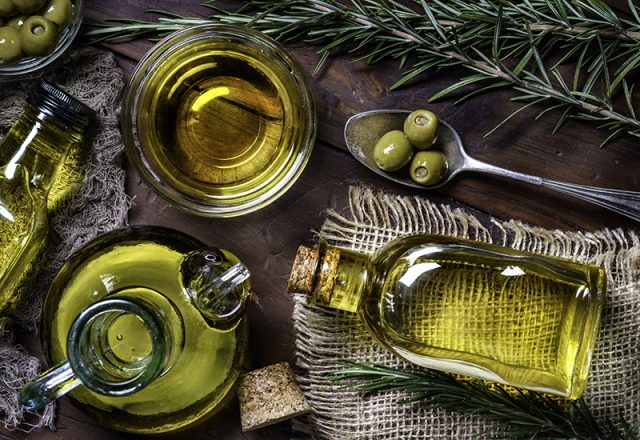
Why should olive oil be cold-pressed? Because it is the cold-press method of producing EVOO that creates an anti-inflammatory polyphenol called oleocanthal. Oleocanthal is similar to and behaves like ibuprofen, a non-steroidal anti-inflammatory drug.
Olive oil is extremely versatile as a fat and can be enjoyed on salads and for frying or sauteing. Enjoy the flavor and the health benefits.
Enjoy Better Health with Anti-Inflammatory Foods
Inflammation is a natural and necessary immune response to injury or cell damage. Chronic inflammation, though, leads to cell damage, discomfort, pain, and disease.
Why not try a diet rich in anti-inflammatory foods? You’ll counteract chronic inflammation and enjoy delicious foods at the same time.
Vickie Chin
Vickie is the Social Media & Brand Manager at Organic Traditions Superfood - a leading brand of functional superfood products on a mission to make it easier for people to incorporate superfood nutrition into everyday life.






